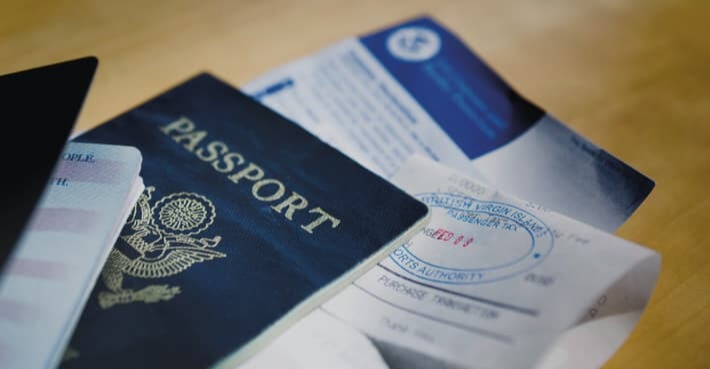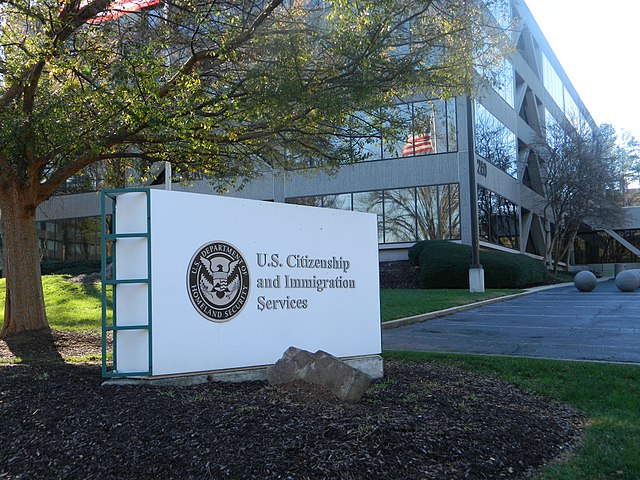

As of June 18, 2025, the U.S. State Department has resumed processing F, M, and J student visas, reversing a brief pause imposed in May amid plans to broaden vetting of applicants’ social media — a policy introduced under the Trump administration and retained by successor administrations.
Key Policy Updates
-
Mandatory Social Media Access
All student visa applicants must now set their social media accounts to public and fully disclose them. Consular officers will examine posts for signs of “hostility” toward U.S. government, culture, institutions, or support for terrorism or antisemitism. -
Consequences for Refusal
Applicants who do not comply by refusing access or privacy removal may face visa denial, as non-compliance may imply an attempt to obscure online activity. -
Reopening of Interviews
Visa interview appointments have resumed globally, with the directive supporting a more strenuous vetting process along with increased administrative burdens.
Immigration Law Perspective: What This Means for You
Compliance is essential
Applicants from countries such as China, India, Mexico, and the Philippines are now legally required to make their social media profiles public as part of their visa application process. This requirement is not optional. Refusal to comply may be interpreted by consular officials as evasiveness or an attempt to obscure relevant information, often resulting in visa denial.
Legal risk minimization
The current policy framework is rooted in Executive Order 14188, “Additional Measures to Combat Anti‑Semitism,” signed on January 29, 2025. This order empowers the federal government to scrutinize the social media activity of foreign students and staff for signs of antisemitism, terrorism support, or hostility toward U.S. institutions. Applicants with neutral or clearly lawful content are less likely to face issues. However, students involved in political activism — particularly related to pro-Palestinian causes or criticisms of Israel — are at increased risk under the administration’s “catch and revoke” enforcement strategy, which aims to swiftly identify and cancel visas deemed problematic.
Institutions at the forefront
Leading academic institutions, including Harvard University, have initiated lawsuits challenging the scope and legality of these new enforcement practices. These lawsuits underscore a broader legal battle over federal authority in regulating international student admissions. Through litigation, schools aim to protect their students from arbitrary visa denials or cancellations, and courts may ultimately provide relief for those adversely affected.
Your Path Forward with Legal Guidance
At Spar & Bernstein, we guide international students through evolving visa landscapes. We help you:
-
Prepare your social media presence to ensure transparency and compliance prior to your visa interview
-
Navigate interview risks confidently, knowing what digital content could pose a problem
-
Challenge unjust visa denials or revocation, including bringing immediate legal actions or injunctions
The resumption of student visa processing coupled with expanded social media vetting marks a significant shift in U.S. immigration enforcement. While compliance reduces risk, non–transparent or politically active applicants now face extreme scrutiny. Achieving a successful outcome requires careful preparation, responsive legal positioning, and, if necessary, litigation.
Spar & Bernstein stands ready to assist. With proactive strategy, transparency, and legal advocacy, you can present your case effectively.




